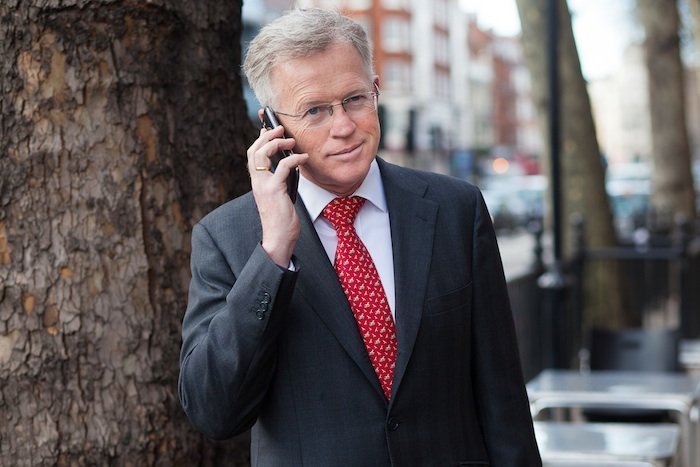Euronav: ‘Another robust year for tankers’

Were Maritime CEO to get into presenting awards – and we stress now that will never, ever happen – then there would be little doubt who our Person of 2015 would have been. Step forward, Paddy Rodgers, the architect of Euronav’s sensational bullrun on the stock markets last year, the man whose tanker timings proved brilliantly astute.
A cheap fleet build up was followed by a listing in New York last January as VLCC rates rallied. Profits soared at the Belgian tanker firm all year long.
So then can the crude tanker markets remain firm in 2016? Rodgers thinks so.
“Euronav believe 2016 will be another robust year for tankers underpinned by a number of key factors,” Rodgers says.
He cites the low oil price which he believes will continue to stimulate demand as it has done over the past 12-18 months. The prospects for a lower oil price remain likely for the first half of 2016, Rodgers believes, given the current policy stance of OPEC, the re-integration of Iran into global oil markets and continued supply growth from the likes of Russia.
Rodgers also points out the very high levels of time charter activity ongoing especially by the oil majors looking to capture capacity.
“This,” he explains, “gives solid support to the short and medium term pricing structure of freight rates and reduces the spot market capacity, making the spot market even tighter between demand and supply.”
While many others in shipping are moaning about the Chinese economy, Rodgers looks at it from a different, more positive point of view.
As the Chinese economy transitions from an infrastructure led to a consumer based economy the requirement for crude oil should remain robust, he reckons, noting: “The tanker sector serves the operational economy which we believe will deliver respectable growth for 2016.”
From the tanker perspective this is further supported, Rodgers says, by recent positive reforms to the teapot refinery industry in China and by the increased expansion of the strategic petroleum reserve.
While 2016 will see a huge amount of tanker newbuilds enter the market, the second highest ever, Rodgers points out that in the large crude sector, these deliveries will mainly enter the market in the final three months of the year, traditionally the strongest quarter for freight rates.
“With a constructive market outlook before then we believe most of this capacity increase can be satisfactorily absorbed by the market,” Rodgers says.
Rodgers is adamant the tanker sector will consolidate, but cannot say when this is likely to happen.
“We remain consistent in our view that consolidation within the tanker sector will occur but as always timing is difficult to pinpoint,” he says, adding: “Restricted access to capital – both bank debt and equity – will ultimately lead to further consolidation.”
Rodgers started out at a lawyer in 1982 before joining CMB as its in-house counsel in 1989. He became CFO at Euronav in 1998 and CEO two years later. This March the Connecticut Maritime Association (CMA) will name Rodgers as Commodore for the year 2016.
The Euronav fleet today comprises 52 ships including newbuilds, a mix of VLCCs and suezmaxes.
